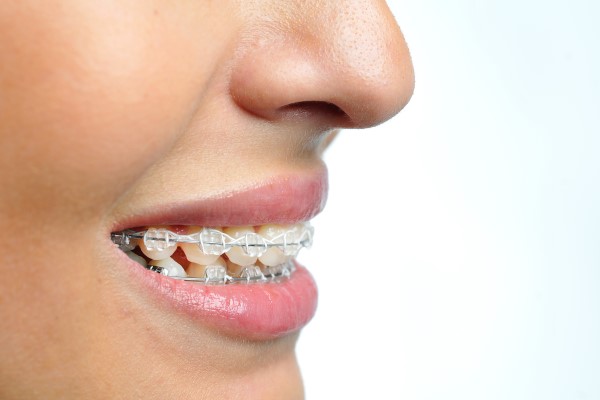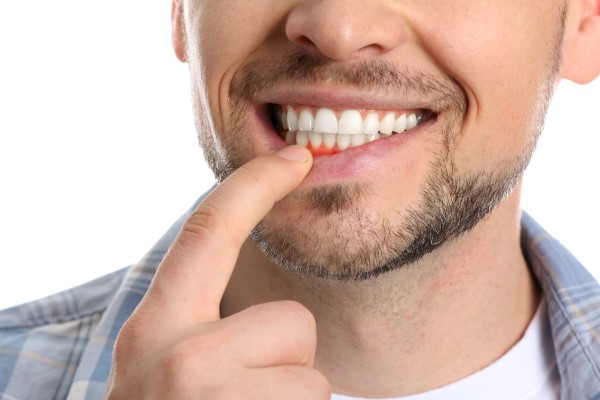What Food Can I Eat After a Root Canal Treatment?

A root canal is a form of surgery that is performed under either local or general anesthesia. Therefore, you need to follow your dentist’s orders after the procedure. That includes proper cleaning, how to reduce the swelling and even the foods you eat. The last thing you want is to irritate the area and then experience a secondary problem. So, stick to what your dentist says you can and cannot eat.
Avoid specific types of food
Just as with any type of surgery, there is a healing period involved with a root canal. For that reason, patients want to avoid eating foods that would put too much pressure on the newly crowned tooth. They also need to stay away from things that could promote continued bleeding. Overall, what a person consumes plays a significant role in how well their mouth heals.
1. Hard foods
For starters, patients who had a root canal done need to avoid any type of hard foods. These include crackers, potato chips, nuts, carrots, candy and even ice. With these foods, a person could bite down hard on the tooth. Not only could that cause pain, but it could also extend the healing time. Even if tempted, it is better to avoid anything hard, at least for a week or until the dentist says it is okay.
2. Chewy foods
After having a root canal treatment performed, the goal is to give the area time to heal. That means not doing anything that would irritate it. For that reason, a person should avoid any kind of chewy food. Apart from taffy and chewing gum, this includes steaks and other meats. Again, the goal is to avoid putting pressure on the tooth.
3. Hot and cold foods
Although a root canal is a common form of oral surgery performed on millions of people each year, it is still surgery. The drilling, scraping and cleaning that the dentist does usually makes the tooth more sensitive to hot and cold. As with other post-surgery symptoms, this subsides quickly. However, during the healing phase, a person should avoid eating or drinking anything extremely cold or hot.
4. Spicy foods
Surgery, even oral surgery, is a funny thing in that many people wake up wanting something spicy to eat. Whether nachos with jalapenos, homemade chili or a big burger topped with chipotle sauce, anything spicy is a no-no following a root canal. Instead, a patient can make a list of the type of foods they want after healing and focus on that until the time is right.
5. Alcohol
For patients who enjoy an adult beverage from time to time or a glass of wine with dinner — it is important to wait. The problem is that alcohol promotes bleeding. While people have only slight bleeding after a root canal, consuming a beer or cocktail could change that. Therefore, they should stick with non-alcoholic beverages until the dentist advises otherwise.
Take care of yourself after a root canal
After having a root canal, your dentist or endodontist will provide you with a complete list of foods to avoid while healing. You will also receive a list of permitted food, which looks pretty good. For about a week, you can enjoy milkshakes, yogurt, ice cream, soup and other delicious foods. Take care of yourself to avoid running into another problem.
Request an appointment here: https://www.sunshinedentalcommerce.com or call Sunshine Dental Group at (323) 743-4273 for an appointment in our Commerce office.
Check out what others are saying about our services on Yelp: Read our Yelp reviews.
Recent Posts
Clear braces are very similar to traditional metal braces, except clear braces have either tooth-colored or clear brackets. These brackets are made out of ceramic or another similar material. Because the brackets and wires blend in with your teeth, this type of braces offers a nearly unnoticeable solution for straightening your teeth, no matter what…
Gum disease is very serious, and without treatment, it can be detrimental to one's overall health. The severity of the infection determines the treatment options. When experiencing any signs of gum disease, it can be helpful to review the following information to prepare for what to expect from the treatment process.Outlined below are four different gum…
Giving a child early orthodontics can help to eliminate unnecessary work. It can also reduce the number of needed extractions or surgery. Sometimes, a child may need orthodontics as early as the age of seven. Because every child is different, some may need earlier treatment than others. Bringing your child to an orthodontic evaluation by…
Choosing the right Invisalign dentist is essential for anyone looking to straighten their smile. This treatment is offered by general dentists and orthodontists. It involves customized aligners designed to gradually adjust the alignment of a person's teeth. In order to ensure the best results and a seamless process, it is important to ask the right…


